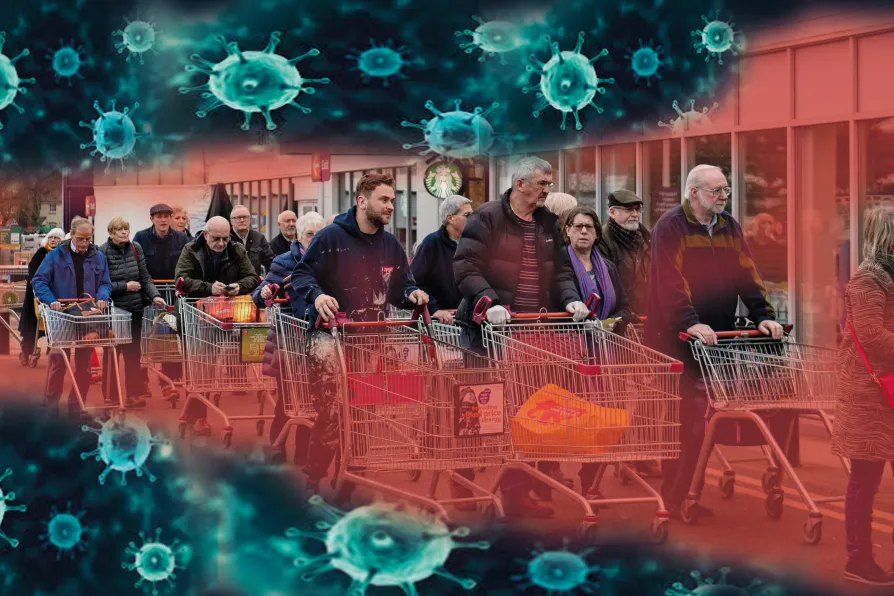Speakers in Berlin traced how Germany’s rearmament, US-led violence abroad and the repression of solidarity at home are converging in a dangerous drive toward war. BEN CHACKO reports
A damning indictment on the West’s Covid-19 response
The World Health Organisation has released a damning report on the shockingly clumsy approach in many Western countries. MARC VANDEPITTE reviews its disturbing findings

 Most Western governments refused to learn from the experiences of countries that were hit first — lockdowns were undebatable, because they did not comply with our “Western values” — until, of course, there was no other alternative
Most Western governments refused to learn from the experiences of countries that were hit first — lockdowns were undebatable, because they did not comply with our “Western values” — until, of course, there was no other alternative
A NEW World Health Organisation report, prepared by a panel of experts, begins with the findings that the world was totally unprepared for this pandemic. For decades, however, it had been predicted that such a viral pandemic would inevitably come our way.
Five years ago, the World Health Organisation (WHO) even stated that there was an urgent need for more research into coronaviruses. At the time, such research was not profitable for pharmaceutical giants. As a result, hardly any research had been done. The pursuit of profit had prevailed over public interest.
Ignoring all warnings
Similar stories

Ben Cowles speaks with IAN ‘TREE’ ROBINSON and ANDY DAVIES, two of the string pullers behind the Manchester Punk Festival, ahead of its 10th year show later this month

JOHN GREEN surveys the remarkable career of screenwriter Malcolm Hulke and the essential part played by his membership of the Communist Party
Read Sisters, the journal of the National Assembly Of Women, below.

CAROLINE FOWLER explains how the slave trade helped establish the ‘golden age’ of Dutch painting and where to find its hidden traces










